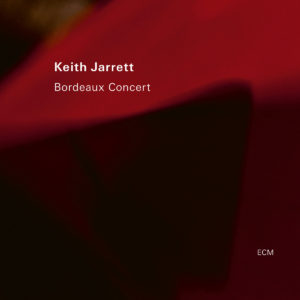An interview with Keith Jarrett by Michael Jackson, At Home With Keith Jarrett, is available in the March 2023 issue of DownBeat.
“In a wide-ranging conversation, the legendary pianist, relaxed in his New Jersey home, speaks to everything from his legacy, his favorite artists and the coolness of his sunglasses to the strokes that have left him able to play piano only with his right hand, something he’s not willing to do in public.”
Thanks to Håvard for the information.


 Join the forum discussion on this post
Join the forum discussion on this post
